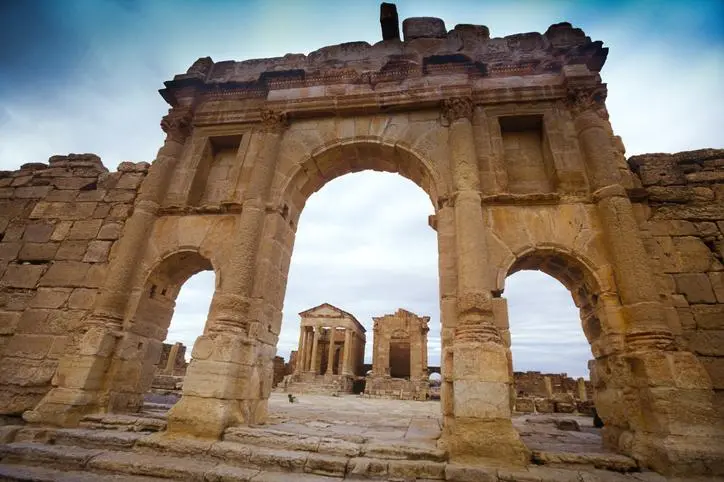PHOTO
Tunis: A rapid fall in the price of a barrel of oil, following the decisions to impose additional customs duties announced by the United States of America, was not foreseen by the majority of the world's countries when drawing up their budgets for 2025.
In an interview with TAP, economic expert Ridha Chkoundali spoke of the fall in the price of a barrel of oil on the international market, and its impact on Tunisia's state 2025 budget, along with possible opportunities to capitalise on it, by introducing plans to step up purchases of crude oil, and by gearing efforts towards renewable energy projects.
TAP: Over the last few years, the international oil market has seen considerable price fluctuations. What are the main factors influencing these prices?
Ridha Chkoundali: I think the main factors influencing prices on the oil market are supply and demand. At present, the price of a barrel of oil on the international market is fluctuating, under the impact of the US decisions on customs duties.
Oil prices have been on a downward trend since US President Donald Trump announced the imposition of tariffs, prompting fears among economic operators on the international oil market that demand would fall as a result.
TAP: What impact has the fall in oil prices had on Tunisia as an energy importer and consumer?
Ridha Chkoundali: The State 2025 budget is based on an oil price of about $74 a barrel, bearing in mind that a fall in the price of Brent crude on the international market to below $74 a barrel throughout the year will help the State achieve a budget surplus of almost TND 140 million.
Likewise, if the price of Brent remains at its current level, within the limit of $65, until the end of the year, the State budget would gain almost TND 1,260 million, which is a high figure, enabling the State to repay its foreign debts and supply the local market with the basic products, raw materials and equipment needed for production.
This downward trend in the price of Brent crude will help narrow Tunisia's trade deficit and maintain its foreign currency reserves, thereby helping stabilise the value of the dinar against foreign currencies.
TAP: If Brent prices remain lower than forecast in the 2025 budget, what impact will this have, particularly on oil exploration and prospecting projects?
Ridha Chkoundali: The fall in oil prices to low levels is discouraging investors from embarking on exploration and prospecting projects.
We have noticed that some US companies have warned that they will not be able to continue drilling and exploring profitably if the price of a barrel of oil remains at a low level, below $65, thus reducing their earnings and the profitability of their projects.
TAP: As part of the interest shown in the social aspect, do you think that the State, through the technical commission responsible for the automatic adjustment of oil product prices, could make a recommendation for the consumer's benefit?
Ridha Chkoundali: I don't consider it possible to use the automatic price adjustment mechanism for oil products in the current unstable international situation.
At present, it is not in Tunisia's interest to use this mechanism.
If US President Donald Trump decides to go ahead with the increase in customs duties after the 90-day deadline, and if world oil prices continue to fall, the repercussions on the Tunisian economy would be even more negative and this despite the possibility of a major budget surplus.
Economic stagnation and inflation will thus be widespread, at both global and regional level, and it is possible that an economic crisis even more serious than that caused by the COVID-19 pandemic will be witnessed.
© Tap 2022 Provided by SyndiGate Media Inc. (Syndigate.info).





















